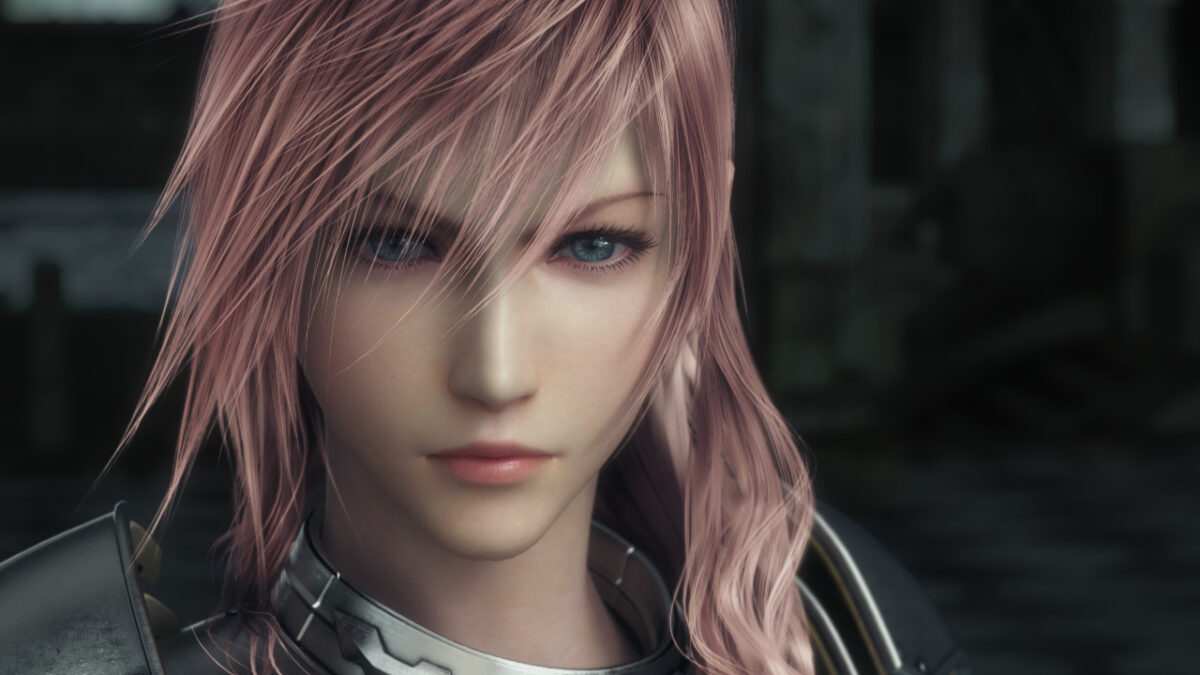“….For all the ways in which it’s an aggressively okay game, it didn’t deserve the legacy it’s been given: a shadow over the Final Fantasy franchise that everyone is seemingly trying to flee.”
A little voice in my head has been whispering at me to do more with this idea, stuck at the very end of an essay that is part review and part writing exercise, since last night. It has been interrogating me about the sentence’s meaning all day. What does it mean to say that a game “didn’t deserve” the critical response it received?
I think in Final Fantasy XIII‘s case, hindsight clearly tells us that the game was a victim of a larger rash of jingoism in gamer culture (boy have things stayed exactly the same, huh), and that extended to critics; but this begs the question of whether the critics themselves were even aware of this at the time. Recently I watched an episode of Insert Credit by Tim Rogers, author of the Action Button panning of FFXIII, where he talked about 36 of the best Xbox 360 games in his opinion; throughout the show he repeatedly floated this concept of the “J-8,” which despite appearances is not an economic forum but a sort of rule of thumb where you could look at a Japanese game’s Famitsu score and compare it to the scores it got in the west and see a sharp drop in the latter. It’s a messy heuristic but there are enough solid examples for it to at least be workable. For example, in the case of FFXIII, Famitsu scored it a 39/40; Tim Rogers scored it a 2/4. (It’s kind of interesting how he studiously avoids talking about FFXIII in that video. As an aside.) Anyway, the point of bringing that up was, it’s (relatively) easy to spot patterns and recognize currents after the fact; it’s seemingly much harder to do so when you’re participating in it and don’t have anyone around telling you “knock that shit off.” And it’s even harder if you don’t recognize that the current you’re swimming in is a) the dominant current and b) full of piss.
I have always – always – been wary of being part of any so-called “critical consensus.” It sets off alarm bells every time it’s happened to me. I try not to read other people’s reviews or impressions; I’m not in any behind-the-scenes reviewer group chats or anything. As much as possible I want to come at something with as fresh a pair of eyes as I can, and hope that even if I do still end up in the consensus it’s because I got there through my own path. But even so there’s something that gets me about it. Being in the consensus means that despite my better efforts the dominant current has my ass on lock.
So what happens when the tide turns? I don’t know that I would call FFXIII‘s critical reevaluation all that widespread, at least not if I check improbably-still-active forum threads and the Metacritic user review section. And like… of course I think it’s warranted here, as I’m taking part in it now. But when I think back to games like Cyberpunk 2077, part of me does wonder if the critical reevaluation writ large can fall prey to the same problem. And as we get further and further mired in remakes and remasters and so on, maybe we could take an invitation to more critically examine the ways in which the past is presented to us.
For my part, and this project’s part, it’s not just the past I’m worried about, of course. It’s also the “future” – the way FFXV and FFXVI were made to reject the parts of FFXIII that made it special. Beyond even that, I want to know what specters of Lightning are hidden in the Final Fantasy VII remake trilogy. Something there is calling me too.





